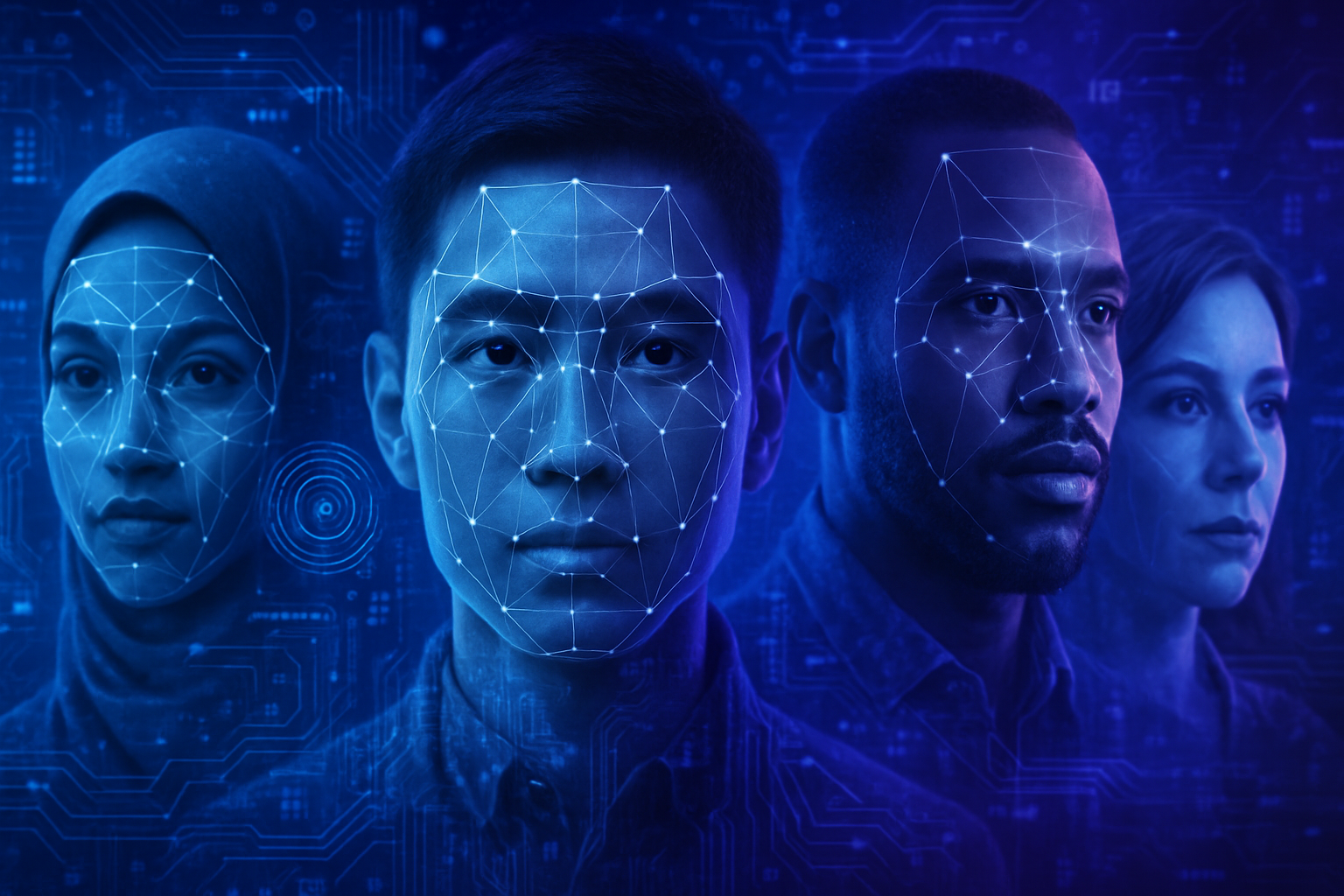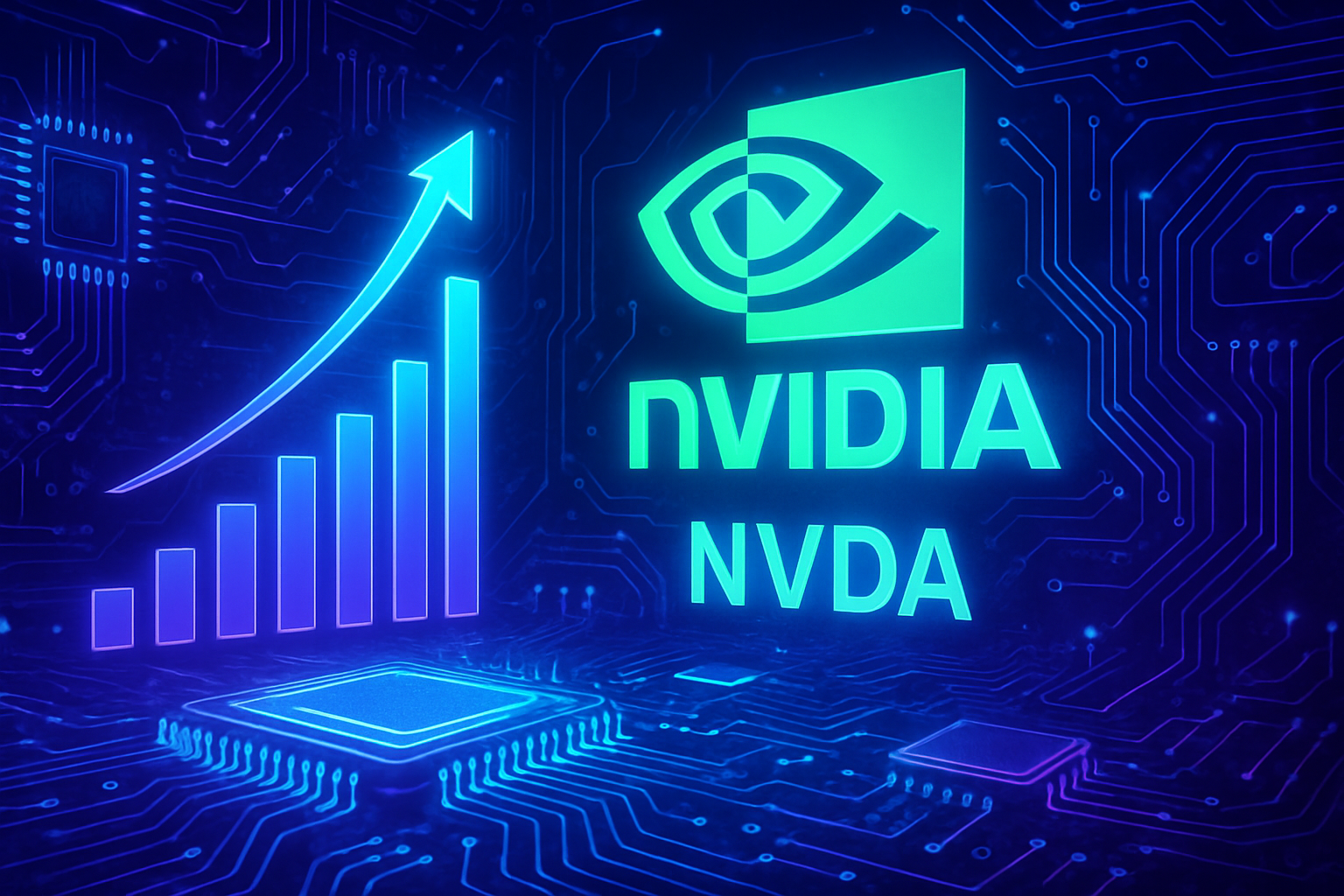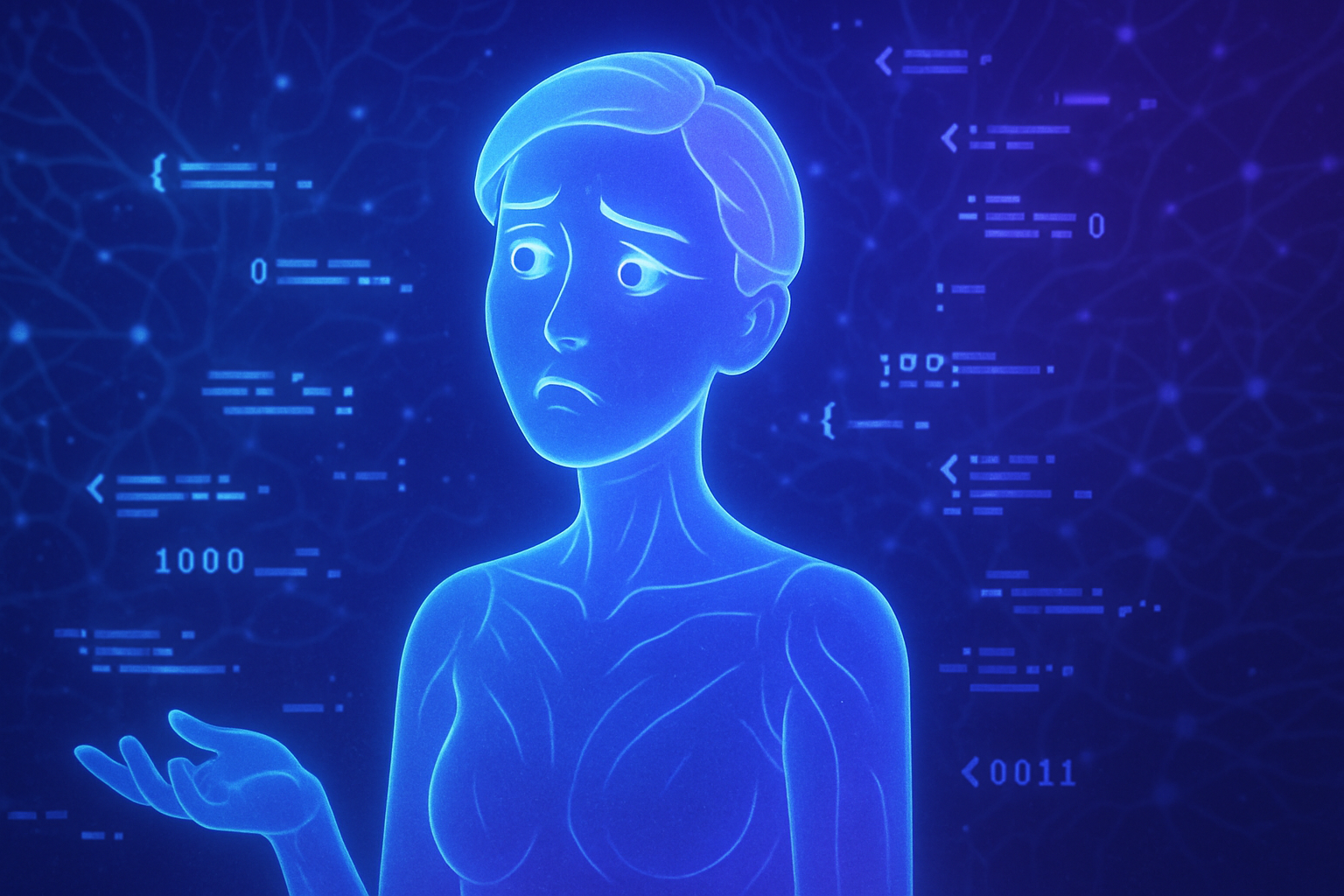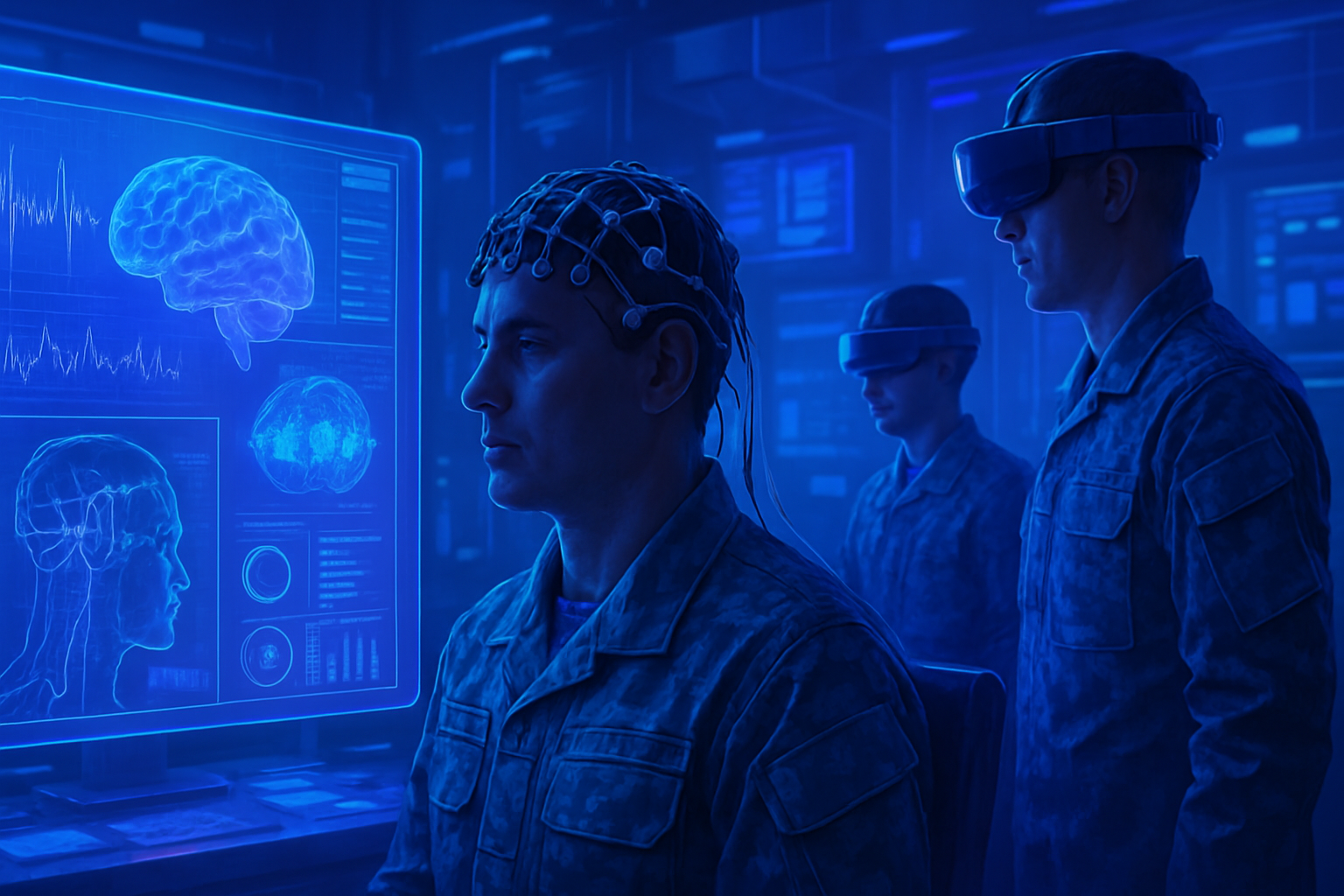The rise of facial recognition transcends borders, redefining societal norms. In a global context where _artificial intelligence is rapidly advancing_, this technology elicits both admiration and concern. From airports to security devices, the _growing adoption of this biometric technology_ raises fundamental ethical and legal issues. States, engaged in a technological race, seek to balance _security and privacy_ in an increasingly intrusive surveillance framework.
The discreet yet significant rise of facial recognition
In recent years, facial recognition technology has experienced notable global expansion. Variously adopted by governments, businesses, and institutions, this technology generates interest while also raising ethical questions. In Singapore, for example, a passenger’s journey through Changi Airport can be completed in under ten minutes thanks to advanced biometric systems.
Diverse applications around the globe
The applications of facial recognition extend far beyond Asian borders. In China, this technology is omnipresent, particularly in public spaces like transportation, for security control. In the United States and Gulf countries, similar systems are used, blending security with user experience fluidity.
The importance of these technologies is also reflected in their growing adoption in various sectors such as marketing, public safety, and criminal case resolution. For instance, companies like Panasonic and Thales compete to develop more effective and innovative solutions, while the market could reach $18 billion by 2030.
Advantages and disadvantages
The collection of biometric data through means such as facial recognition presents undeniable advantages. The speed of a facial scan, compared to other identification methods, enhances user experience while promising increased security. However, these advancements come with challenges.
The primary concern lies in privacy protection. As stated by the CNIL, biometric data is the most sensitive because a digital identity theft cannot be easily corrected like a bank data theft. Indeed, changing one’s face is an impossible operation.
Reactions and regulation
In light of this reality, calls are being made for strict regulation of the use of this technology. Regulatory standards, such as those considered by the European Union, seek to establish a legal framework. This framework aims to ensure a balance between security and the respect for the privacy of individuals.
The European regulation project on artificial intelligence, for example, activates measures that could limit the misuse of these systems. The implementation of such regulations could provide interesting perspectives for a more ethical adoption of facial recognition technologies across the continent.
Innovations and technological future
Innovations continue to emerge in the field of biometrics. Researchers are working on models such as Chameleon, a device capable of creating a sophisticated digital mask to protect users’ identity. This type of technology could mitigate concerns surrounding surveillance and the collection of personal data.
As the world moves towards a generalization of facial recognition use, the challenge lies in articulating its secure use alongside respecting individual rights. It is crucial to proactively and thoughtfully seek satisfactory solutions for stakeholders.
Market perspectives
The facial recognition market is marked by fierce competition among a few major players, such as Microsoft and NEC, who are vying for technological supremacy. The strong demand for private and public security solutions suggests an expanding future for this industry.
The rapid evolution of these technologies could also influence related fields, such as artificial intelligence. The development of AI could transform the way facial recognition systems process data and adapt to the varied needs of users.
In this dynamic context, it is essential to continually monitor and adapt the direction of this technology to ensure ethical and responsible use. Increased attention should therefore be paid to legislative advances and market trends.
Common questions about facial recognition
What is facial recognition and how does it work?
Facial recognition is a technology that identifies or verifies a person’s identity by analyzing and comparing facial characteristics. This is typically done through artificial intelligence algorithms that measure reference points on an individual’s face.
What are the main advantages of facial recognition?
Facial recognition offers several advantages, including enhanced security in sensitive environments such as airports, simplified access management, and the ability to monitor real-time events or public places.
What are the potential risks associated with facial recognition?
Risks include privacy violations, misidentification leading to injustices, and potential abuse by governments or companies to unduly surveil the population.
Is facial recognition widely adopted around the world?
Yes, this technology is increasingly integrated into various sectors, such as transportation, public safety, and even social networks, where it is used to automatically tag users.
Which countries currently use facial recognition?
Many countries, including China, the United States, and several European nations, have integrated facial recognition into their security and surveillance systems.
What are the ethical challenges related to facial recognition?
Ethical challenges include transparency regarding the use of this technology, regulating its deployment to avoid discrimination, and protecting personal data.
How does facial recognition impact the right to privacy?
This technology raises significant concerns regarding privacy as it allows for constant surveillance and can collect biometric data without explicit consent, risking violations of individual rights.
Is the use of facial recognition regulated?
Regulation varies from country to country. Some nations have strict laws governing its use, while others have yet to establish specific regulations, raising concerns about the opacity of its use.
How do companies ensure the security of data collected by facial recognition?
Companies implement various security measures, including data encryption, strict access protocols, and regular audits to ensure that sensitive information is protected against cyberattacks.






